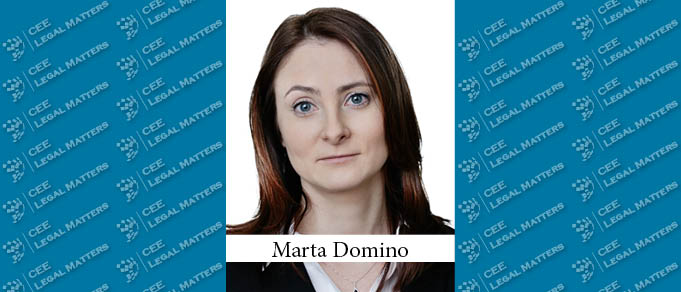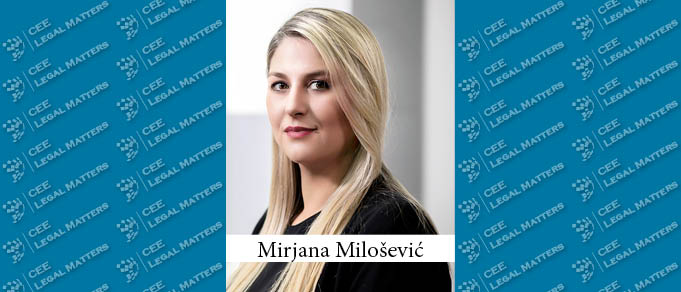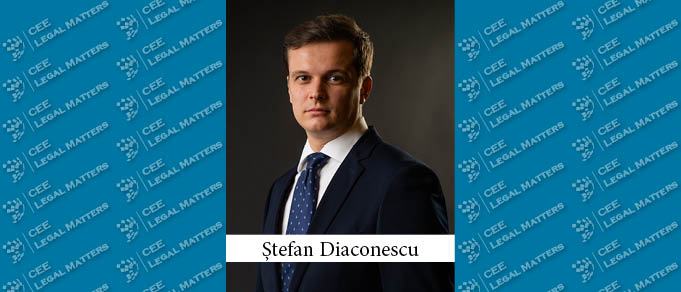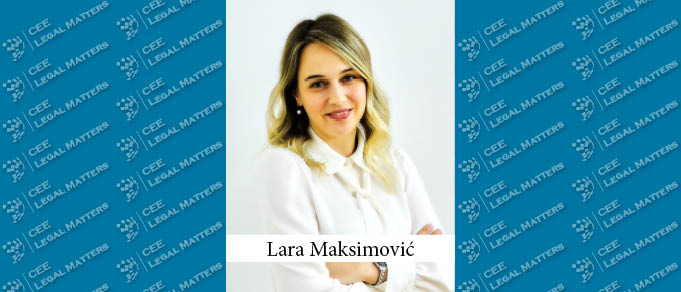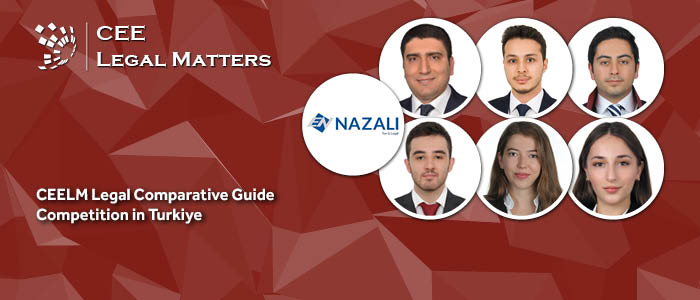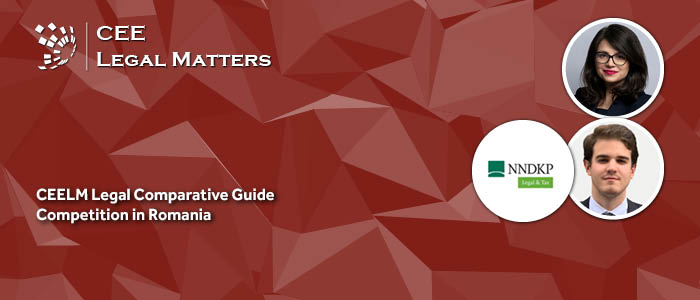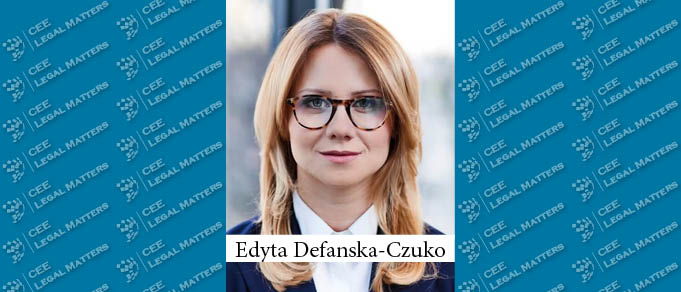On 2 November 2021 the Austrian Financial Market Authority (FMA) published its long-awaited amended Online Identification Regulation (Online-Identifikationsverordnung, "Online-IDV"). The FMA herewith enables financial service providers subject to the KYC obligations of the Financial Market Anti-Money Laundering Law (Finanzmarkt-Geldwäschegesetz; "FM-GwG") to use purely biometrical processes for remote identification of new customers. Biometrical identification processes are all procedures for online customer identification where the entire or parts of the online identification are carried out by an automated electronic procedure without the involvement of employees – there is no need for personal contact in the whole remote identification process anymore.
Marta Domino Appointed Head of Linklaters Banking and Finance Practice in Warsaw
Linklaters Managing Associate Marta Domino has been appointed Head of the firm’s Banking and Finance practice in Warsaw.
Crowdfunding in Romania – New Romanian Law Initiatives for the Application of the EU Crowdfunding Regulation
Until November 2021, crowdfunding activities (investment-based or lending-based) have not benefited from a dedicated regime and may interfere with the EU banking and financial services rules, triggering ultimately significant risks to all parties involved.
The Future of Electronic Documents
How certain is the development of the ever-increasing use and application of electronic documents, especially in terms of legalization of documents for international legal transactions?
Numerous Fraud Cases on Cryptocurrencies and Non-cash Payment Methods Lead to Significant Changes to National Criminal Legislation
In the context that more and more people and companies are investing in cryptocurrencies and given the fact that non-cash payments are becoming the new standard in business transactions, the national legislator has intervened in order to offer a larger protection to these types of transactions, the legislative amendments being necessary in order to cover the full spectrum of electronic criminality.
New Fiscalization Model – New Payers and New Rules, but also Subsidies
Application of the Law on Fiscalization (Official Gazette of RS no. 153/2020) (“the Law”), that we have discussed before, which has repealed Serbian Law on Fiscal Cash Registers (Official Gazette of RS no. 135/04 and 93/12) by entering into force on December 29, 2020, will start on January 1, 2022 (except for several provisions that have already started to apply, on the day of entry into force). The regulation concerned, along with the set of by-laws enacted for its implementation, introduces a completely new model of fiscalization, which – among other things – implies a wider circle of taxpayers who will be obliged to apply it, new rules regarding the characteristics of fiscal cash registers and fiscal receipts, as well as certain subsidies for the entities covered by fiscalization.
Limited Network Exemption under PSD2 – EBA Consults on Draft Guidelines
In summer 2021 the European Banking Authority (EBA) published Draft Guidelines on the limited network exemption (LNE) under the Payment Service Directive 2 (PSD2) for consultation. The Draft Guidelines are meant to foster supervisory convergence amongst the EU's national competent regulators (NCAs).


